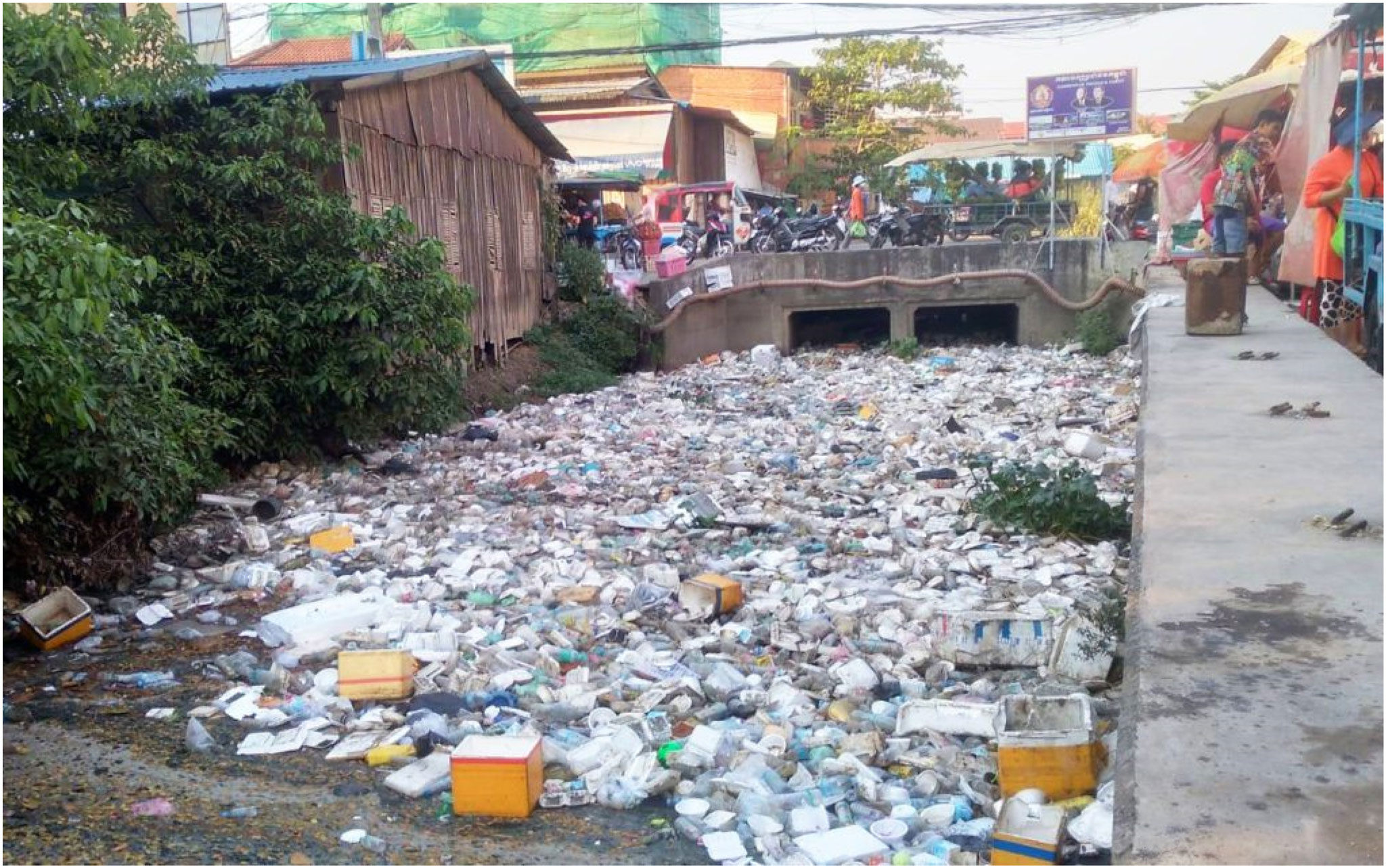A study from Dublin City University (DCU) Water Institute and the University of Wisconsin-Madison challenges conventional narratives attributing Phnom Penh’s increasing flood damage to climate change alone. The research, led by Dr. Danny Marks and Dr. Ian G. Baird, uncovers how urban expansion, governance failures, and elite-driven land reclamation are exacerbating flood risks and disproportionately impacting Cambodia’s capital city’s poorest residents.
The Study’s Key Findings
Phnom Penh has experienced severe flooding in recent years, with deaths, mass evacuations, and damage to infrastructure and livelihoods. While government leaders often blame these disasters on climate change, the study, published in the International Journal of Disaster Risk Reduction, reveals three primary causes that are deeply rooted in political and economic decisions:
- Unregulated Urban Expansion: Rapid and uncoordinated land use changes have transformed Phnom Penh’s landscape, favoring commercial developments and displacing vulnerable communities. The unchecked expansion of real estate projects, often driven by politically connected business elites, has diminished the city’s natural flood resilience.
- Ineffective Waste Management and Drainage Infrastructure: Poorly maintained drainage systems, compounded by inadequate waste collection, lead to clogged waterways and worsen urban flooding. The study highlights how politically protected waste management contracts and lack of investment in flood prevention infrastructure have intensified the crisis.
- Destruction of Lakes and Wetlands: Large-scale land reclamation projects, sanctioned by the government and benefiting Cambodia’s economic elite, have led to the destruction of vital water retention areas. The infilling of lakes such as Boeung Kak and Boeung Tamouk has significantly reduced the city’s natural flood defenses, increasing flood severity.
A Political Ecology Perspective on Flooding
Using an urban political ecology framework, the study argues that flood risks in Phnom Penh are not just environmental issues but are also politically and economically manufactured. Cambodia’s neopatrimonial governance system—where political power is maintained through patronage networks—has enabled elite land grabs while neglecting the needs of marginalized communities. As a result, those with wealth and political influence benefit from lucrative land deals, while the urban poor face displacement, economic hardship, and exposure to worsening flood hazards.
Call for Policy Change
The study urges the implementation of stronger land-use regulations, the preservation of wetlands, and equitable urban planning to protect Phnom Penh’s most vulnerable residents from the growing threat of flooding. As climate change intensifies extreme weather events, researchers warn that without governance reforms, flood damage will continue to worsen—not solely due to environmental factors, but as a consequence of political and economic decisions that prioritize unchecked development over long-term sustainability in Cambodia’s capital.


Recent Comments